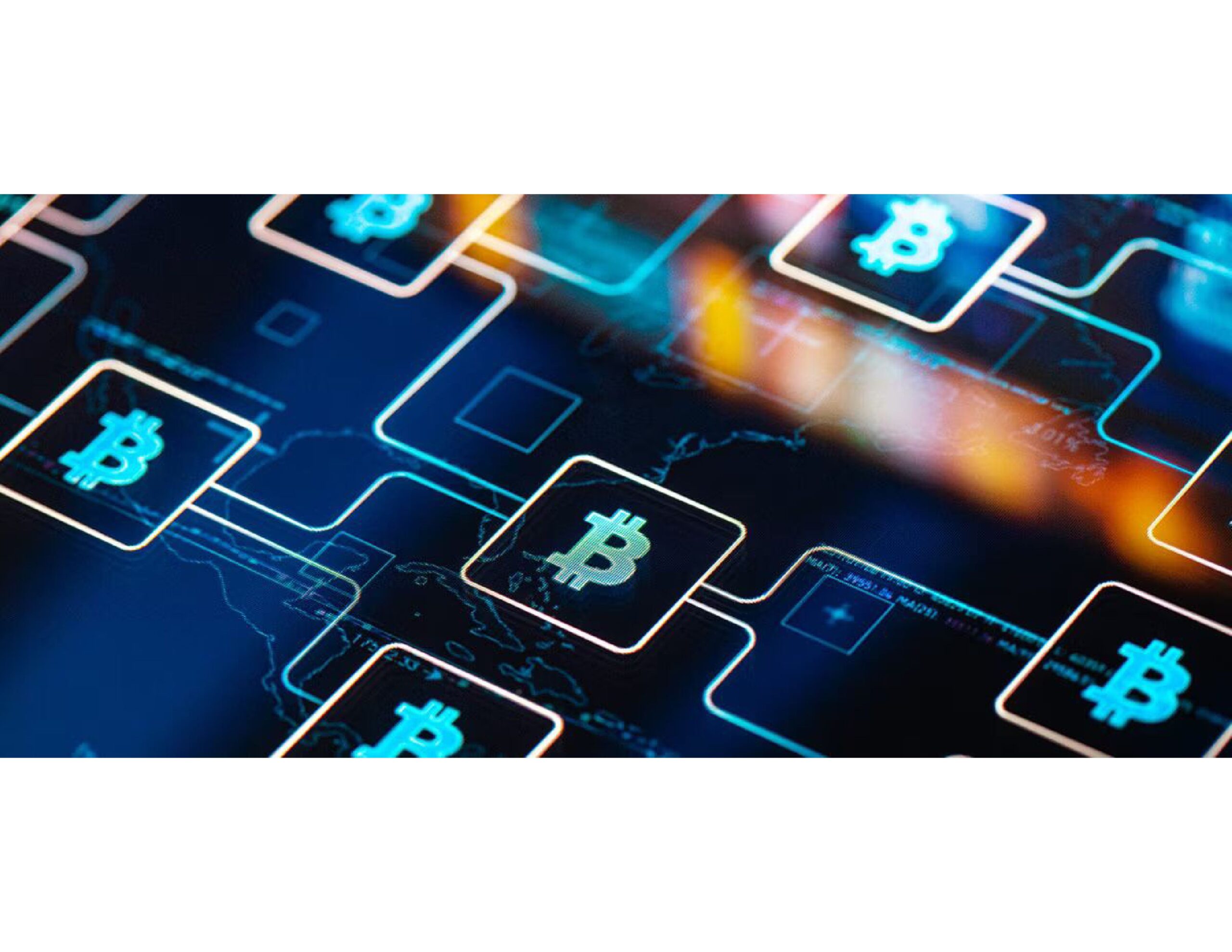
These days’ technology unexpectedly evolving international era is remodelling nearly everything in our everyday lives. From how we work and communicate to how we keep and entertain ourselves, generation is no longer a trifling tool—it has emerged as an effective force reshaping society and person reviews. Whether it’s synthetic intelligence (AI), the Internet of Things (IoT), blockchain, or advancements in biotechnology, generation is using unprecedented change. This blog explores 10 thought-blowing methods that are revolutionizing our day-to-day lives.
1. Workplace Automation and Artificial Intelligence
In recent years, one of the most significant shifts has been the rise of automation and synthetic intelligence in the administrative centre. Automation technologies, powered through AI and device studying, are reworking industries by streamlining tasks as soon as labour-in-depth, improving performance, and reducing charges. Businesses are integrating AI-powered systems for data analysis, customer service chatbots, predictive analytics, and even independent machines for repetitive duties.
Workers can now focus on paying better-value that require creativity, approach, and hassle-fixing. For example, customer support is turning green as AI equipment helps manage inquiries. AI assistants like virtual scheduling software programs and assignment control tools assist teams in collaborating seamlessly. This evolution will no longer be the hardest and will increase productivity. Instead, it will enhance the painting experience, allowing personnel to engage in more significant and less monotonous activities.
2. Revolutionizing Healthcare: Telemedicine and AI Diagnostics
The healthcare industry is experiencing a prime transformation, with generations at the leading edge of improving the care of affected persons. Telemedicine, for example, permits patients to consult doctors remotely, decreasing wait times and making healthcare available even in rural areas. With video conferencing and cell apps, medical doctors can diagnose, prescribe, and offer observe-up care without needing in-individual visits.
Artificial intelligence is likewise improving the diagnostic process. AI algorithms can now read clinical pix, detecting conditions like most cancers and coronary heart disorders at earlier levels than traditional techniques. Machine getting-to-know models are being hired to expect the consequences of the affected person, suggest remedies, or even increase personalized fitness plans. This makes healthcare greener, drastically improving affected persons’ outcomes and reducing clinical costs.
3. Smart Homes and IoT
Smart home technology is revolutionizing how we engage with our residing spaces. The Internet of Things (IoT) is at the coronary heart of this revolution, connecting devices to the net and permitting them to communicate. IoT enables us to control everything in our homes through smartphones or voice commands, from smart thermostats and lighting systems to protection cameras and fridges.
For instance, smart thermostats like Nest can examine your timetable and alternatives, adjusting the temperature automatically to store energy. Smart refrigerators can display the content’s interior and alert you when you’re running low on groceries. Ready with movement sensors and cameras, home safety systems may be monitored remotely, supplying peace of mind whilst you’re far from domestic. These innovations make daily lifestyles extra convenient, stable, and strength-green.
4. E-Commerce and Online Shopping
E-commerce has seen an explosive boom in recent years, and technological advancements are making online buying more handy and personalized. Artificial intelligence, augmented reality (AR), and digital truth (VR) are included in online platforms to enhance purchasing enjoyment.
For instance, AI algorithms examine consumer facts to advise merchandise based on surfing history and choices, making purchasing more tailor-made. Virtual attempt-on capabilities, enabled by AR, permit consumers to try garments, accessories, and makeup earlier than buying them, decreasing returns and enhancing pleasure. The blockchain era is also improving online transactions’ transparency and security, imparting clients self-assurance of their purchases.
5. Communication and Social Media: The Digital Evolution
Technology has drastically transformed communique. Social media systems, instantaneous messaging apps, and video conferencing tools permit humans to live related irrespective of geographical distance. Social media isn’t always for private use anymore—it has emerged as an effective device for organizations, governments, and influencers to talk without delay with their audiences, proportion data, and power engagement.
On a greater non-public level, technology is helping individuals hold relationships with buddies and their own families across the globe. Video calls via platforms like Zoom, Skype, and WhatsApp have made face-to-face verbal exchanges handy to everyone with an internet connection. Furthermore, stay-streaming structures have enabled actual engagement, opening up new possibilities for content creators to connect to their audiences immediately.
6. Smart Transportation and Autonomous Vehicles
The transportation industry is the process of a revolution driven by technological advancements. Autonomous motors, powered through AI and sensors, are being tested and carried out via organizations like Tesla and Waymo, and those self-using cars promise to reshape how we go back and forth. Autonomous motors have the potential to reduce traffic accidents, lower congestion, and limit fuel intake by optimizing use patterns.
Additionally, electric vehicles (EVs) have become a greater mainstream, a way to enhance battery generation and extensive infrastructure for charging stations. This shift towards sustainable transportation is critical in decreasing carbon emissions and preventing weather exchange. Technologies like journey-sharing platforms and micro-mobility solutions (e-scooters, bikes) also offer people extra flexibility and greenways to move around.
7. Fintech and Digital Banking
Technology has considerably transformed the monetary offerings industry, with fintech (economic generation) reshaping how we control cash, invest, and borrow. Digital banking platforms have emerged, imparting customers seamless access to banking services from their smartphones. With cell apps, users can test balances, transfer cash, observe for loans, and even spend money on shares or cryptocurrencies without stepping foot in a financial institution.
Cryptocurrencies like Bitcoin and Ethereum have won popularity as decentralized virtual assets, authoritarian traditional banking structures and presenting a brand new shape of currency. Blockchain generation, the backbone of cryptocurrencies, guarantees secure, transparent, and green transactions without intermediaries, making it easier for people to conduct monetary transactions across borders.
8. Entertainment: Streaming and Virtual Reality
Technology has revolutionized the leisure industry, giving us new methods to eat content. Streaming systems like Netflix, Hulu, and Disney+ have changed how we watch TV and movies. With on-call for admission to an infinite library of content, viewers do not need to adhere to scheduled programming—they can watch whatever they want, each time they want.
Additionally, improvements in virtual truth (VR) and augmented reality (AR) are growing immersive reports as soon as the stuff of technological know-how fiction. VR headsets allow customers to go into digital worlds, experiencing video games, movies, or interactive simulations in ways that feel exceedingly actual. For example, VR is being utilized in gaming, tours, schooling, and even remedies, offering a very new size of amusement.
9. Education and E-Learning
Technology is reworking the schooling sector, making getting to know more tremendously handy, interactive, and personalized. E-mastering platforms like Coursera, Khan Academy, and Udemy offer online courses that permit people to study at their tempo from anywhere in the world. This shift toward virtual education democratizes expertise and empowers people to accumulate new skills and qualifications regardless of location.
Furthermore, AI-powered tools are included in classrooms to customize getting-to-know reviews for college students. Adaptive getting-to-know structures regulate the curriculum based on a scholar’s progress, ensuring every learner gets the necessary guide. VR and AR technologies also create immersive getting-to-know environments, providing hands-on reviews in subjects like history, biology, and engineering.
10. Sustainability and Climate Tech
With the development of weather change and environmental sustainability issues, the era plays a crucial role in addressing those demanding situations. Innovations in clean power, including sun and wind power, make renewable energy resources more efficient and cheap. Smart grids use sensors and records analytics to help optimize strength distribution and decrease waste.
In addition, technology is helping industries reduce their environmental footprint. Electric motors (EVs), power-green appliances, and sustainable manufacturing practices are all powered by modern technologies that reduce carbon emissions. Data analytics and AI are also getting used to monitoring environmental situations, expecting herbal screw-ups, optimizing helpful resource management, and assisting communities in growing more resilient to the impacts of climate change.
Conclusion
As we’ve seen, the era of technology is revolutionizing almost every factor of our day-by-day daily lives, from how we work and talk to how we journey, store, and manage our budget. These improvements have stepped forward performance, multiplied convenience, and unfolded new possibilities in each industry. While the future holds even more interesting opportunities, it’s clear that this era will have to form our global world in profound ways, pushing the boundaries of what’s feasible and improving the pleasantness of our lives. As we embrace these improvements, it’s essential not to forget the ethical implications and ensure that technology serves the top of society.



